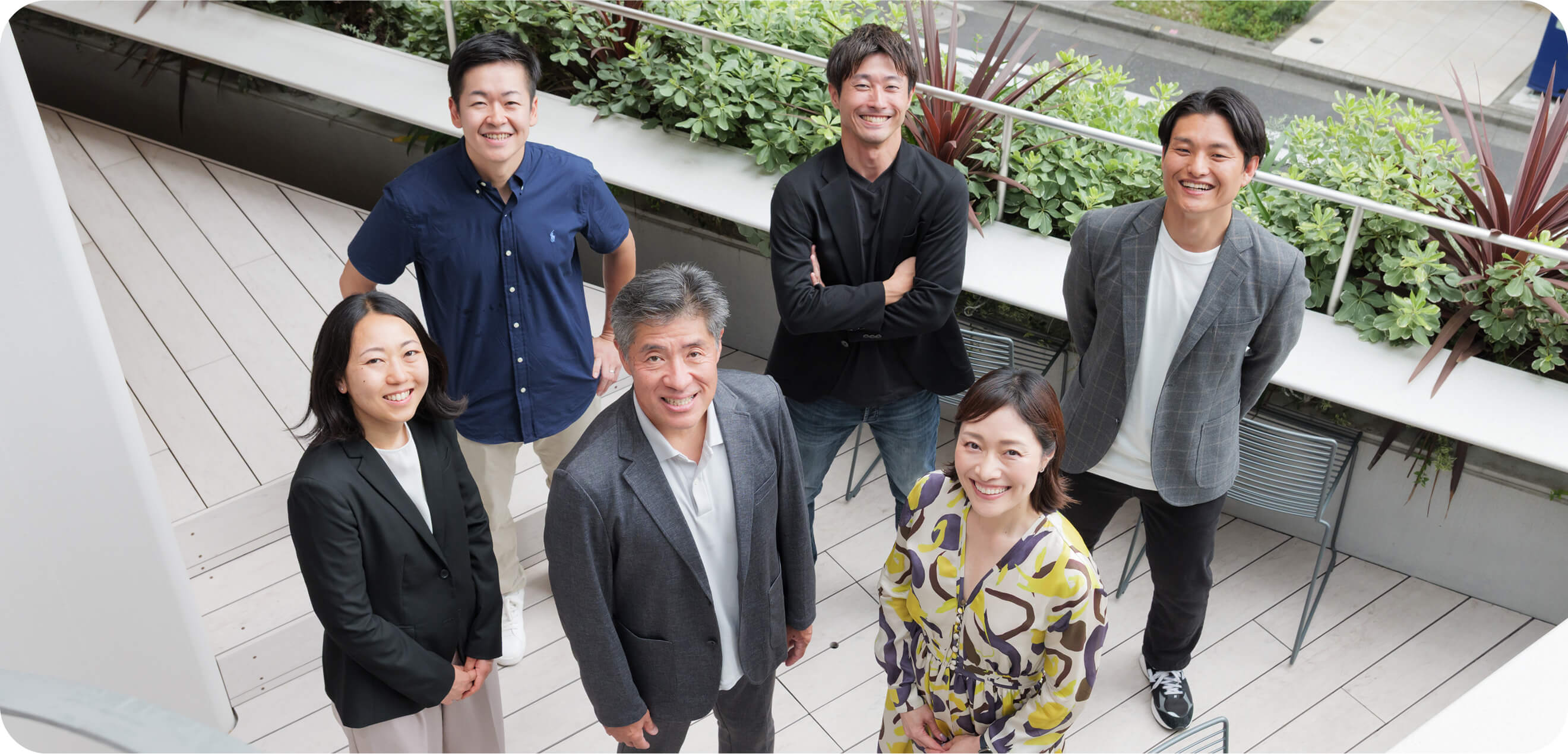Based on the silkworm, the ultimate domesticated insect,
and the world's best silkworm food and nutrition research
and development, we aim to break the world's food conventions,
starting in Japan.

One of the major unresolved issues on the planet today is the "food challenge. In addition to the typical “food shortage,” there is “invisible hunger” and “environmental burden caused by food production.” Innovations continue to be made around the world to solve these issues, but the optimal solution has not yet been found. We are taking on this challenge with silkworms, a valuable “resource” for which Japan is a world leader in research. We believe that this is a rare business that can solve global problems, disseminate Japanese research technology to the world, and contribute to the recovery of the Japanese economy by growing a business in the field of food, an area of research and technology in which Japan has a global strength. However, I alone cannot realize this grand goal. Why don't we join together in the same boat to create the future of the earth?
From Shinshu University
Science
Silkworm
It is predicted that the balance of supply and demand for protein will collapse in 2030 due to the increase in the earth's population. However, expanding the supply of protein by livestock is difficult from the perspective of environmental impact, and insects, which can grow and produce protein more efficiently with less resources, are attracting attention.
On the other hand, insects are more expensive than existing protein sources because they have not been mass-produced, and there are few consumers who are receptive to entomophagy because the market has just been established.
Our goal is to solve these problems by leveraging the knowledge of the silkworm, the world's most knowledgeable insect, and the knowledge of Shinshu University, Japan's top silkworm research institute, to create a new-generation protein source with a low environmental impact, originating in Japan.
Silkworms are the ultimate domesticated insects that have been bred for ease of human care through the long history of the Silk Road, and have a combination of characteristics suitable for mass production, such as (1) they do not run away, (2) they do not cannibalize each other, and (3) their individuals are large.
Mulberry leaves, the silkworm's food, are rich in functional components and have long been popular as a health food and in Chinese medicine. Silkworms are bioaccumulated with these functional components and are equipped with functional components that are not found in other insects.
Silkworms have historically been one of the fields in which Japan has put the most effort into research, especially in areas such as genetic research and breeding techniques, in which Japan is the most advanced in the world. Therefore, the starting point for research and development is overwhelmingly advanced, and it is expected that research and development will proceed more rapidly than with other insects.